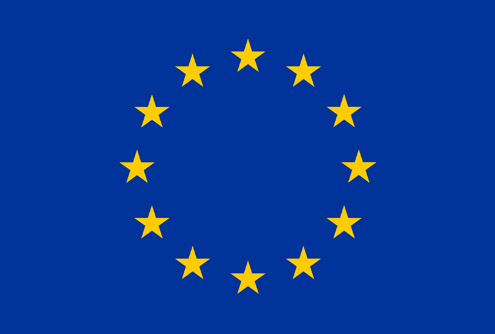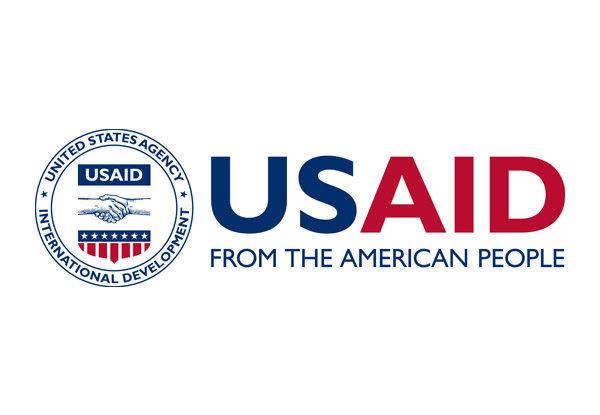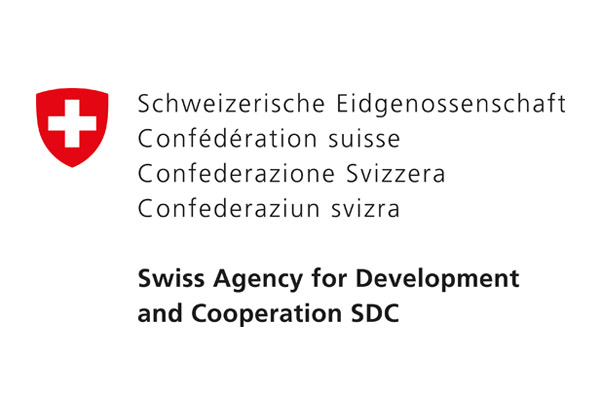VIEWS FROM THE FRONTLINE
Background
Views from the Frontline is the largest independent global review of disaster risk conducted entirely at the local level.
For more than 10 years we have gathered data on local perceptions of risk and what communities think the solutions are.
The data is now used by multiple stakeholders at all levels to inform development decisions. Here we provide an overview of work over the last decade.
2009: An alternative to top-down risk monitoring
Read the reportViews from the Frontline began in 2009 with the aim of providing an alternative to top-down disaster risk reduction monitoring. Our aim was to complement national-level reporting for the Hyogo Framework for Action – the predecessor to the Sendai Framework, the international agreement to protect development gains from the risk of disaster.
Our 2009 surveys involved over 7,000 people from 48 countries in Africa, Asia and the Americas. Our analysis showed that nationally‐formulated policies were not generating widespread systemic changes in local-level practices.
Scarce resources were identified as one of the main constraints to progress in disaster risk reduction in many locations. Part of the challenge is that existing local level resources are untapped. The key to unlocking these is through adopting participatory approaches. Civil society, particularly grassroots women’s groups, can play a critical role in facilitating community engagement – and the productive use of local resources.
2011: Focusing on local risk governance
Read the reportIn 2011, our second Views from the Frontline review was undertaken. The focus this time was on local risk governance. Information management, communication, consultation,
coordination, decision-making and allocation of resources by local governments are the building blocks of local risk governance. We aimed to find out what’s working and what isn’t. The scale of the review was increased to include 20,000 people from 69 countries, plus additional 36,000 responses gathered by mobile phone texts.
57% of people interviewed felt that disaster losses had increased over the last five years, compared to 21% that felt that they had decreased. Over 42% of people believed their community was at a high or very high risk of disasters. The least progress in risk reduction was found to be happening where the threat to lives and livelihoods is greatest. We also found that local governments and communities often share similar views on changes in disaster losses and disaster threats.
2013: Prioritising the most at-risk communities
Read the reportOur 2013 review brought together the views of 21,500 participants from 57 low and middle-income countries. It revealed persistent trends and gaps in strengthening community resilience and made recommendations for a post‐2015 disaster risk reduction framework to strengthen the resilience of communities to all hazards.
Recognising the impact of disasters on lives, livelihoods and assets was a key theme that came from our 2013 consultation. Prioritising the most at-risk, poorest and marginalised people, while also tackling the underlying causes of people’s vulnerability to disasters was a key area outcome of our research.
The requirement to mobilise political commitment by focusing on rights, responsibilities and accountabilities, and promoting partnerships and public participation was also highlighted.
2015: Understanding recurring, everyday disasters
Read the reportIn 2015 we developed our research to thoroughly analyse all aspects of disaster risk. We asked community members about the threats they face, the consequences of those threats, actions that should be taken at the local level, and what they perceived to be the barriers to action. In particular we focused on everyday disasters and local resilience.
Local impact is a critical measure of progress in the Sendai Framework for Disaster Risk Reduction. A vital component of assessing this is local knowledge of the many threats that affect communities.
Our analysis found that communities are concerned about the impact of a whole range of threats, rather than a single threat, such as flooding. Action must consider multiple threats and take integrated action to respond to them, rather than focusing on them separately.
We also found that small-scale, recurring threats are often of most concern to community members. Many of the community participants decided to develop action plans to address smaller recurring threats – prioritising them over high impact but low frequency events.
2019: Communities most at risk are excluded from development decisions
Read the reportOur current Views from the Frontline programme began in 2019 and will continue through 2022. Over 117,000 people have been interviewed in over 700 communities in 49 countries so far.
In analysing the results of the survey we have drawn out nine key conclusions. These represent the major reasons why people are still losing their lives and livelihoods to disasters – as reported by the people who live in the places that are most at risk.
A central theme running through our analysis is that the people most at risk of being hit by a disaster aren’t involved in decisions about how to reduce their own risk. Exclusion exacerbates people’s vulnerability because they are not aware of the valuable resources and information they can access before, during and after disasters.
Since undertaking the surveys each local community has now developed and carried out a local action plan with the support of funding mobilised by the network. Each plan identifies key activities that should be undertaken, by whom, and the resources needed.
Many communities have identified the key activities that will enable them to mitigate and adapt to the impact of a changing climate. For example: building the skills of smallholder farmers on climate smart agriculture; raising awareness through reforestation campaigns; addressing issues of solid waste management; and climate change adaptation advocacy work with local and national governments.
The voices of communities most at risk, local authorities and civil society are then amplified at the national, regional and global levels through advocacy plans and actions based on national-level data analysis.
Project funded by
European Union

Our Views from the Frontline project is funded by the European Union (EU). Content related to this project on our website was made possible by the support of the EU. All content is the sole responsibility of GNDR and does not necessarily reflect the views of the EU.
View their website


